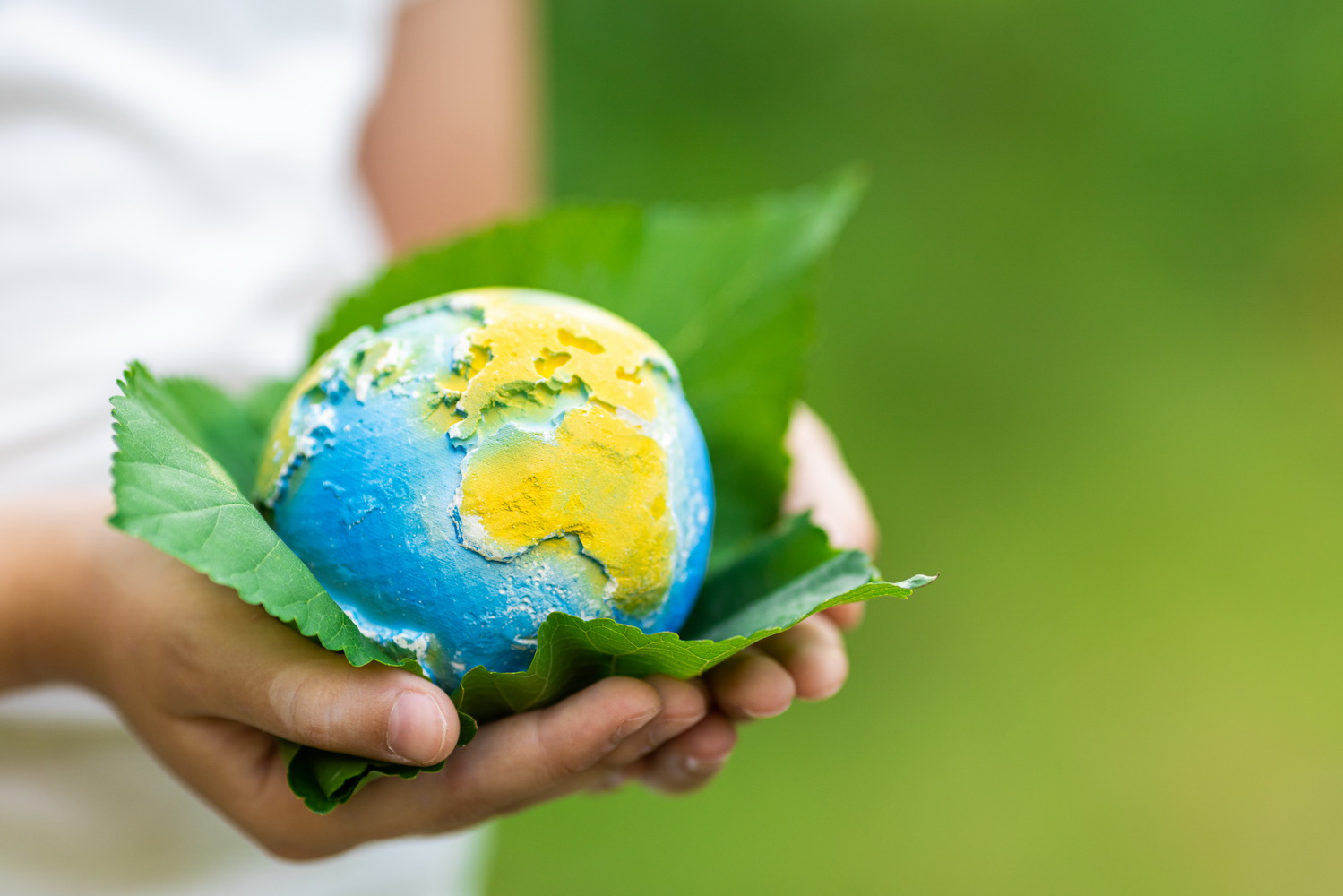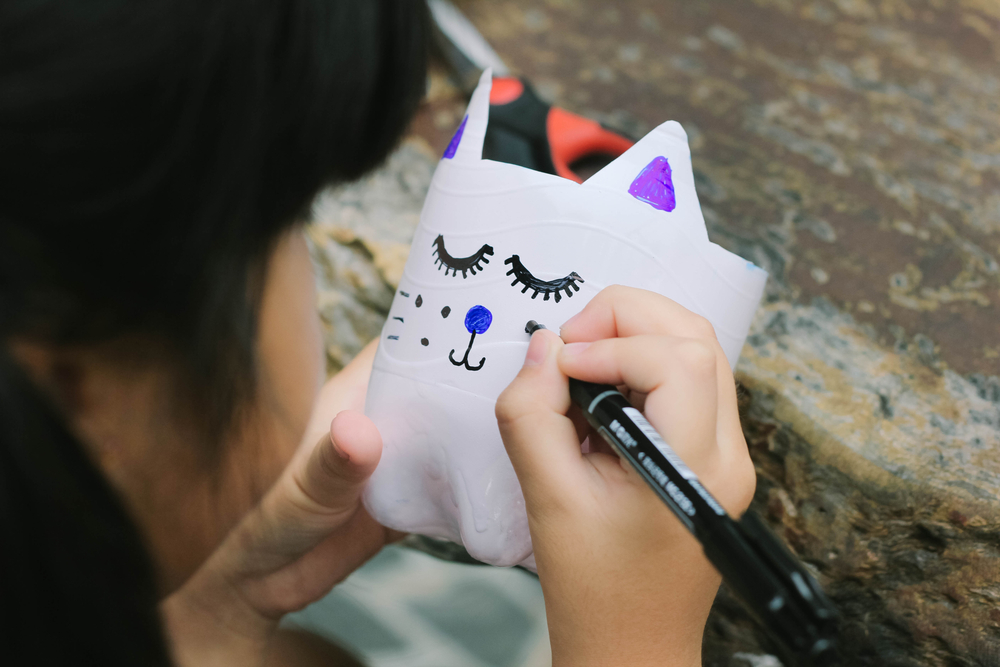Vocabulary expansion Normal Our Planet and Environment Worksheets for Ages 5-8
5 filtered results
-
From - To
Discover our engaging Vocabulary Expansion Worksheets focused on "Our Planet and Environment," designed specifically for children ages 5-8. These worksheets encourage young learners to explore essential vocabulary related to Earth, nature, and environmental awareness through fun activities. Each worksheet is crafted to foster comprehension and recognition of key terms, making learning interactive and enjoyable. Whether in the classroom or at home, these resources support literacy enrichment while promoting a love for the planet. Perfect for early grade teachers and parents, these exercises will inspire kids to connect with their world while developing essential language skills. Explore our vibrant collection today!
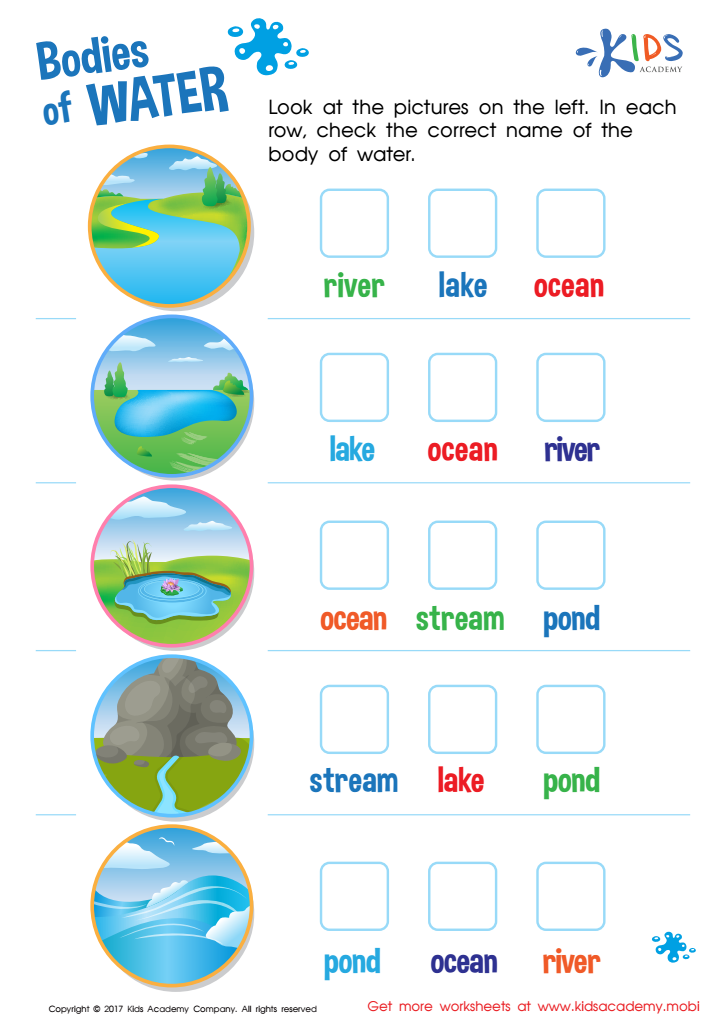

Bodies of Water Worksheet
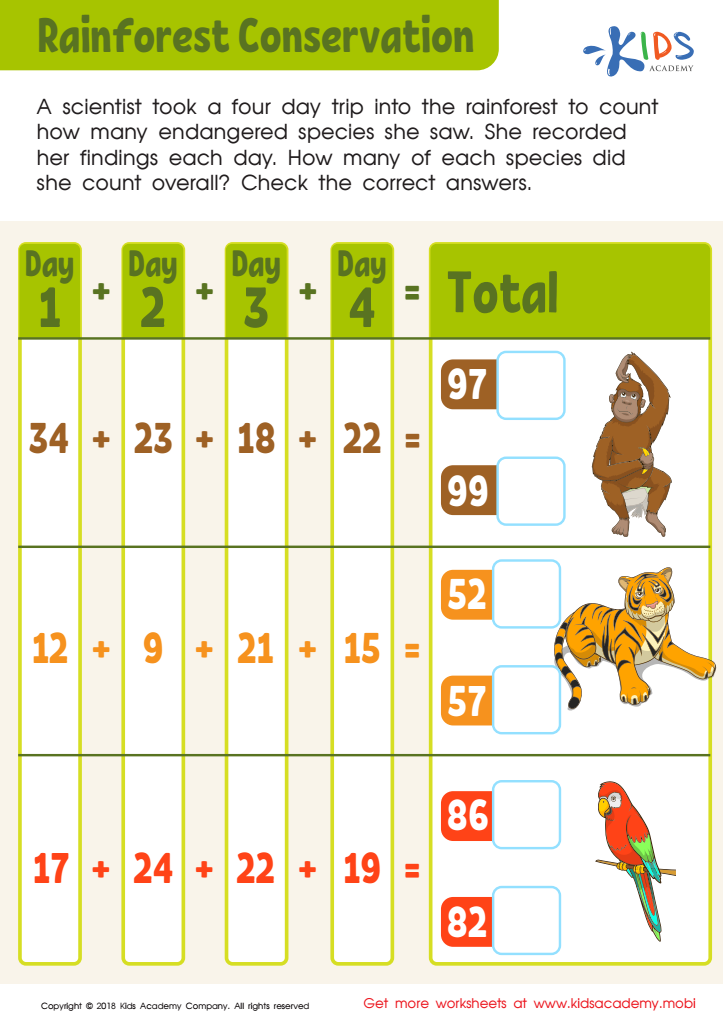

Rainforest Conservation Worksheet
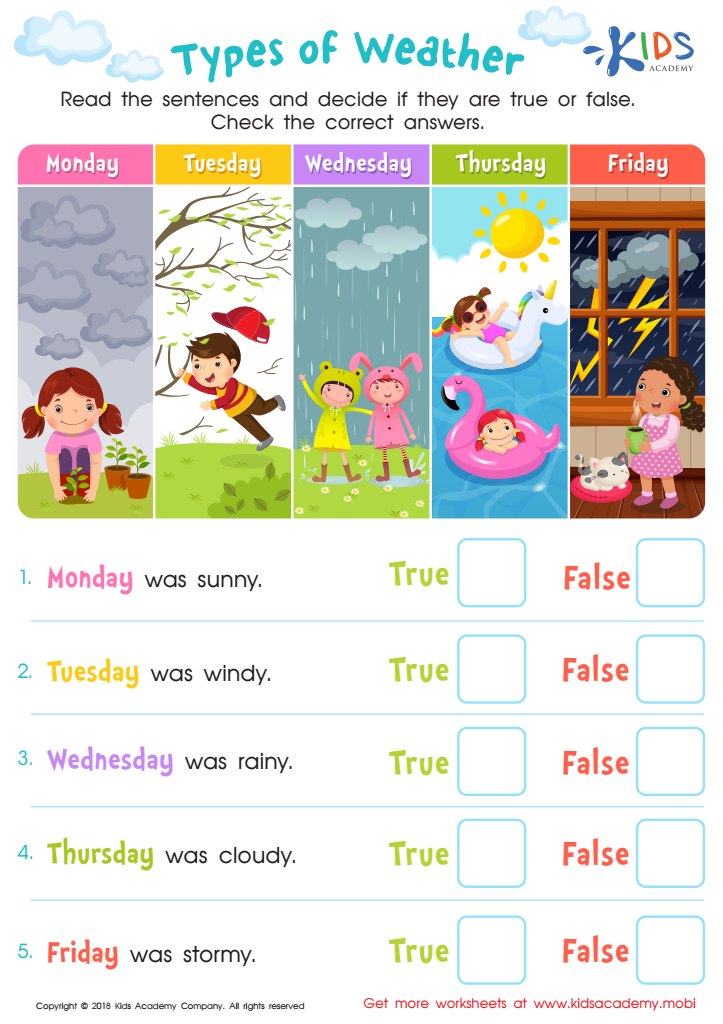

Types of Weather Worksheet
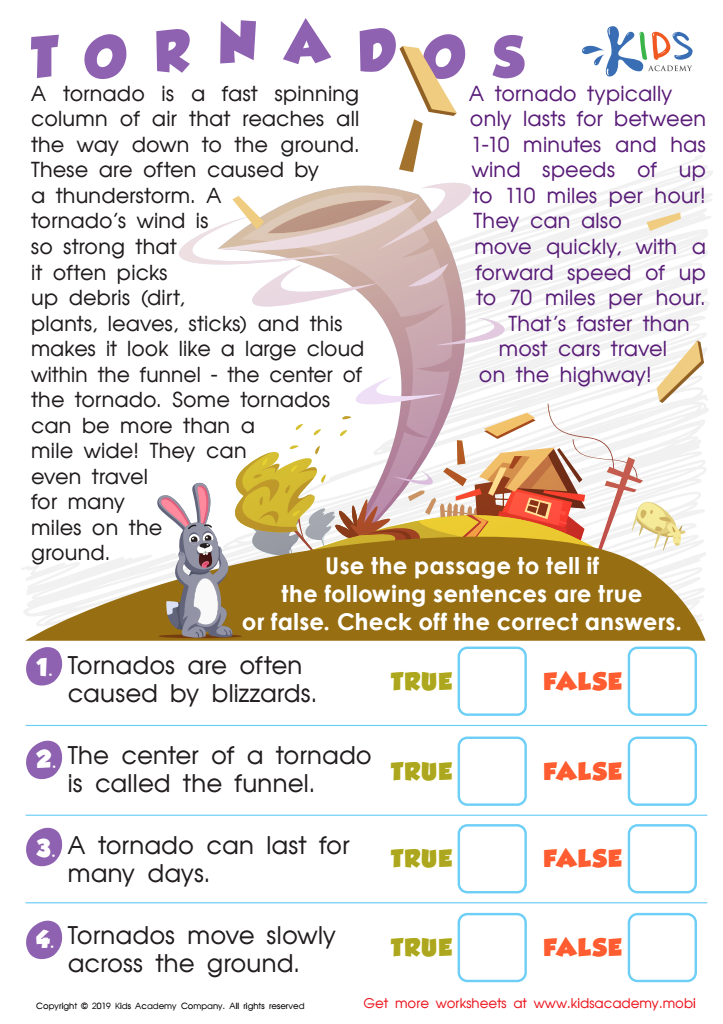

Tornados Worksheet
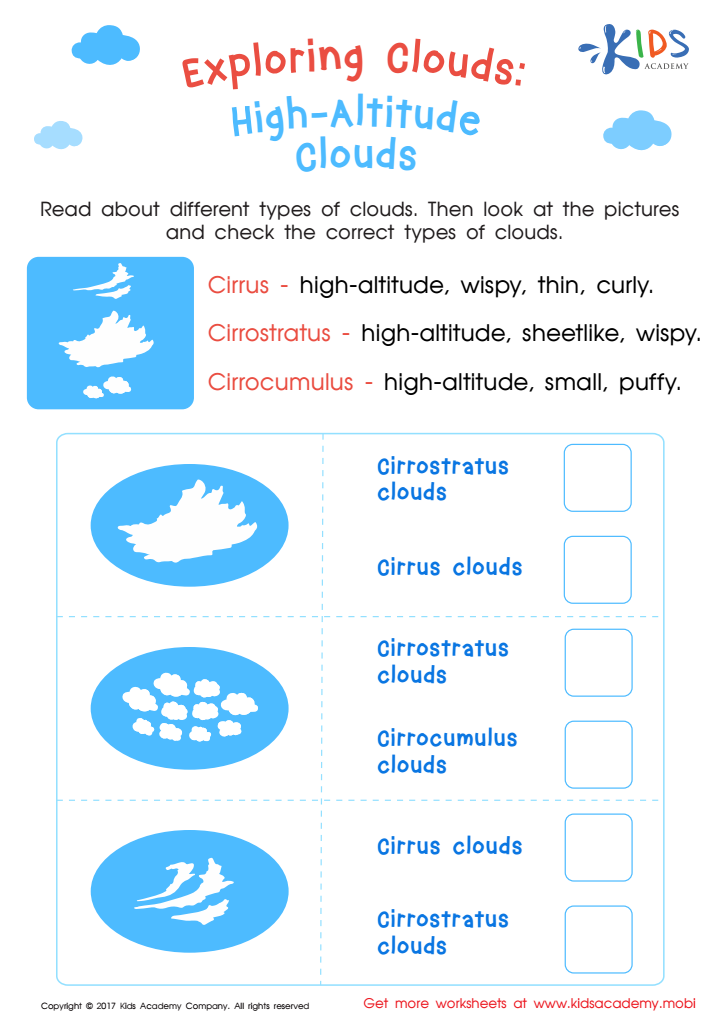

Exploring Clouds: High Altitude Clouds Worksheet
Expanding vocabulary related to "Our Planet and Environment" is crucial for children aged 5-8 for several reasons. First, this age group is highly receptive to learning new words, which forms the foundation for effective communication and literacy skills. When children acquire vocabulary tied to environmental concepts—like "ecosystem," "recycle," and "sustainability"—it equips them with the language needed to understand and engage in discussions about pressing global issues, such as climate change and conservation.
Additionally, these terms help foster a sense of responsibility and awareness of their surroundings. By learning to articulate their thoughts on environmental matters, children develop critical thinking skills and an appreciation for nature. This vocabulary expansion encourages curiosity, prompting them to seek more information and participate in activities that promote environmental stewardship.
Furthermore, parents and teachers play a vital role in modeling and reinforcing this vocabulary. Integrating environmental themes into daily conversations, reading materials, and play can create a rich linguistic environment that supports both academic and personal growth. Ultimately, fostering vocabulary related to our planet not only empowers children to express their ideas but also cultivates a generation that values and actively contributes to the health of the Earth.
 Assign to My Students
Assign to My Students




